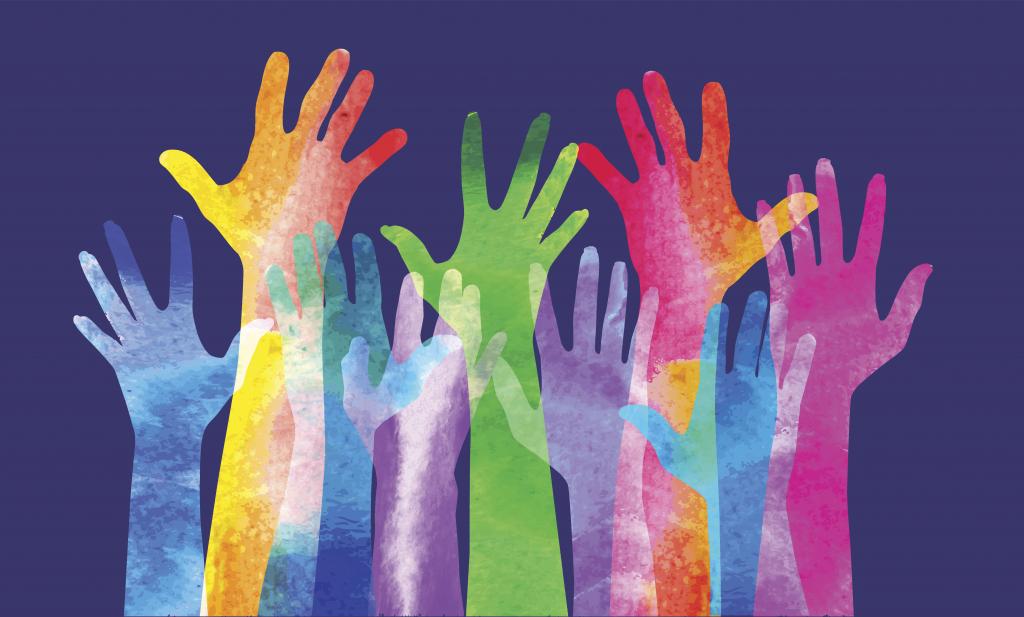During the World Forum for Democracy, held on 19-21 November 2018 in Strasbourg, the Albert Hirschman Centre on Democracy made a presentation on debates around participatory democracy in the context of the Democracy Week in Geneva. In this interview, Professor Shalini Randeria, Director of the Centre, discusses the Centre’s contribution to the Forum as well as its plans for new projects.
What is the objective of the Democracy Week and how does the Albert Hirschman Centre on Democracy contribute to it?
The “Democracy Week” is organised annually by the Geneva Chancellery of State around the International Day of Democracy. It aims to further a dialogue between political institutions, civil society, students and citizens in the Canton of Geneva with a view to strengthening the participation of citizens, especially the youth, in democratic processes. Some 30 events were organised in October 2018 by several institutions, including the Department of Education, many municipalities, the Geneva Parliament of Youth and some local associations. The Albert Hirschman Centre on Democracy at the Graduate Institute was once again actively involved in the Democracy Week this year. Our contribution brings an international dimension to the discussions and every year we focus on a specific region of the world.
This year we organised a series of debates that examined new spaces for participation at the local level as well as the involvement of indigenous populations in these fora. The grant our Centre received from a private foundation to support our Democracy Week project enabled us to invite several speakers from North America and Latin America. Our thematic workshops and panel discussions explored new models of democratic participation and allowed us to reflect on a variety of democractic experiences. The Centre’s activities during the Democracy Week had an impact extending beyond Geneva. We were very pleased that our events were selected by the Council of Europe as one of the nine satellite events for this year’s World Forum for Democracy, an international platform to discuss solutions to key challenges faced by democracies worldwide. The Forum’s public meeting was attended by about 2,000 people in Strasbourg last month.
The Centre was also associated with a project on participative democracy. Could you tell us more about it?
The World Forum on Democracy highlights and encourages democratic innovations. Its annual public event comprises rountables, labs and plenary sessions with experts, activists and representatives of national governments. In order to identify and analyse experimental initiatives and practices, the Forum also convenes an “Incubator for participatory democracy”, which connects city governments—in Europe and beyond—with democracy “innovators” to replicate and scale up democratic innovations. Christine Lutringer, Executive Director of the Albert Hirschman Centre on Democracy, was invited to join this initiative. Her presentation at the workshop, which took place before the Forum’s public event, discussed many of the ideas that emerged from the Centre’s research and outreach activities.
The key theme of the 2018 World Forum for Democracy was “Gender equality: whose battle?” How does the Albert Hirschman Centre on Democracy engage in this debate and through which projects?
Our research projects and public talks focus on the diversity of experiences with democracy worldwide, which are shaped by historical trajectories and the workings of political institutions as much as by citizens' practices in everyday life. Democratic participation extends much beyond the ballot box to engagement in policy processes, for instance, which govern people’s lives. For example, an ongoing project at the Centre funded by the Swiss Network for International Studies (SNIS) and coordinated by Aditya Bharadwaj, analyses innovative community approaches that seek to democratize access to reproductive health care for South Asian women. A new Swiss National Science Foundation (SNSF) funded project that will be housed at the Centre in 2019 is led by Andrew Clapham and Neus Torbisco Casals and focuses on diversity among judges in international courts and tribunals. Equality among individuals subjected to the law can hardly be achieved without a balanced representation among lawmakers, law enforcement officials and judges. There is an increasing use of laws and courts today in order to contest, challenge, transform and even dismantle democratic institutions and practices. The work of the Centre follows these developments closely.
Established in 2017, the Albert Hirschman Centre on Democracy explores the plurality of democratic experiences and aspirations in an interdisciplinary and comparative perspective.
Watch Christine Lutringer, Executive Director of the Albert Hirschman Centre on Democracy, in an interview about the Democracy Week from the World Forum for Democracy:


